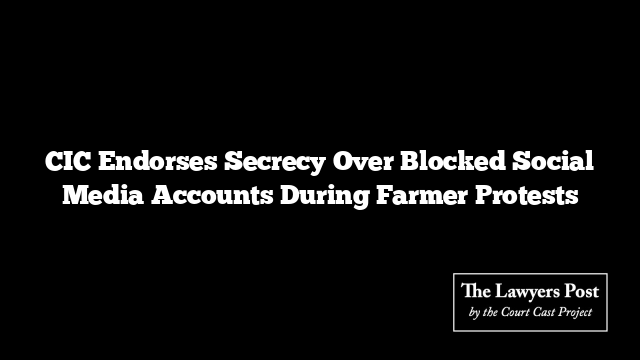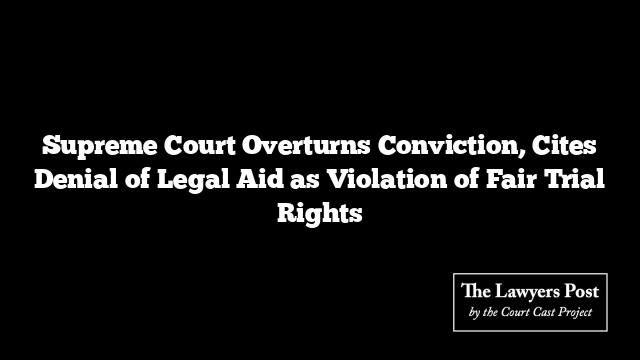The Central Information Commission (CIC) has upheld the government’s decision to withhold details about the blocking of X (formerly Twitter) accounts that covered the farmers’ protests in 2021 and 2024. The move sparked questions about transparency in handling sensitive digital spaces during periods of political unrest.
Activist Vihar Durve had sought records of the Centre’s communications with X, alleging threats of shutdowns and raids to ensure compliance. These requests were denied under provisions that protect national interests, including sovereignty, security, and public order.
Citing Section 69A of the IT Act, officials justified the confidentiality of such actions, emphasizing that the law allows blocking content when it threatens critical state functions or incites unrest. Additionally, the Ministry of Electronics and Information Technology stated that the information sought either didn’t exist in their records or couldn’t be disclosed under the Right to Information (RTI) Act.
This decision aligns with claims by former Twitter CEO Jack Dorsey, who alleged that the Indian government threatened severe actions against the platform during its coverage of the protests. While the government has refuted Dorsey’s allegations, the incident highlights ongoing debates over balancing free expression and state security in the digital age.
The CIC concluded that the Ministry’s response adhered to the RTI Act, dismissing the need for further intervention. However, questions remain about how such measures shape the future of dissent and accountability in India’s online sphere.





